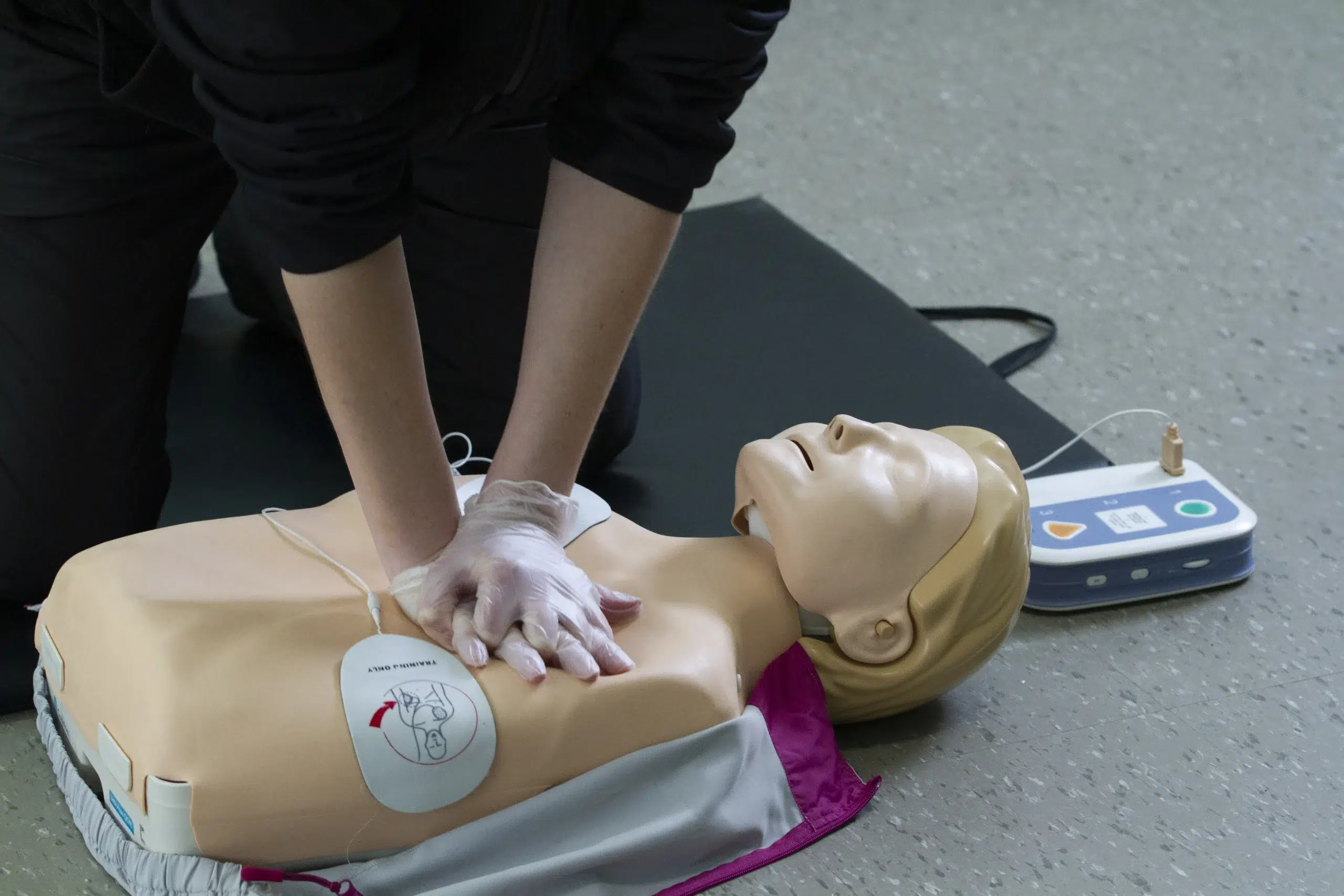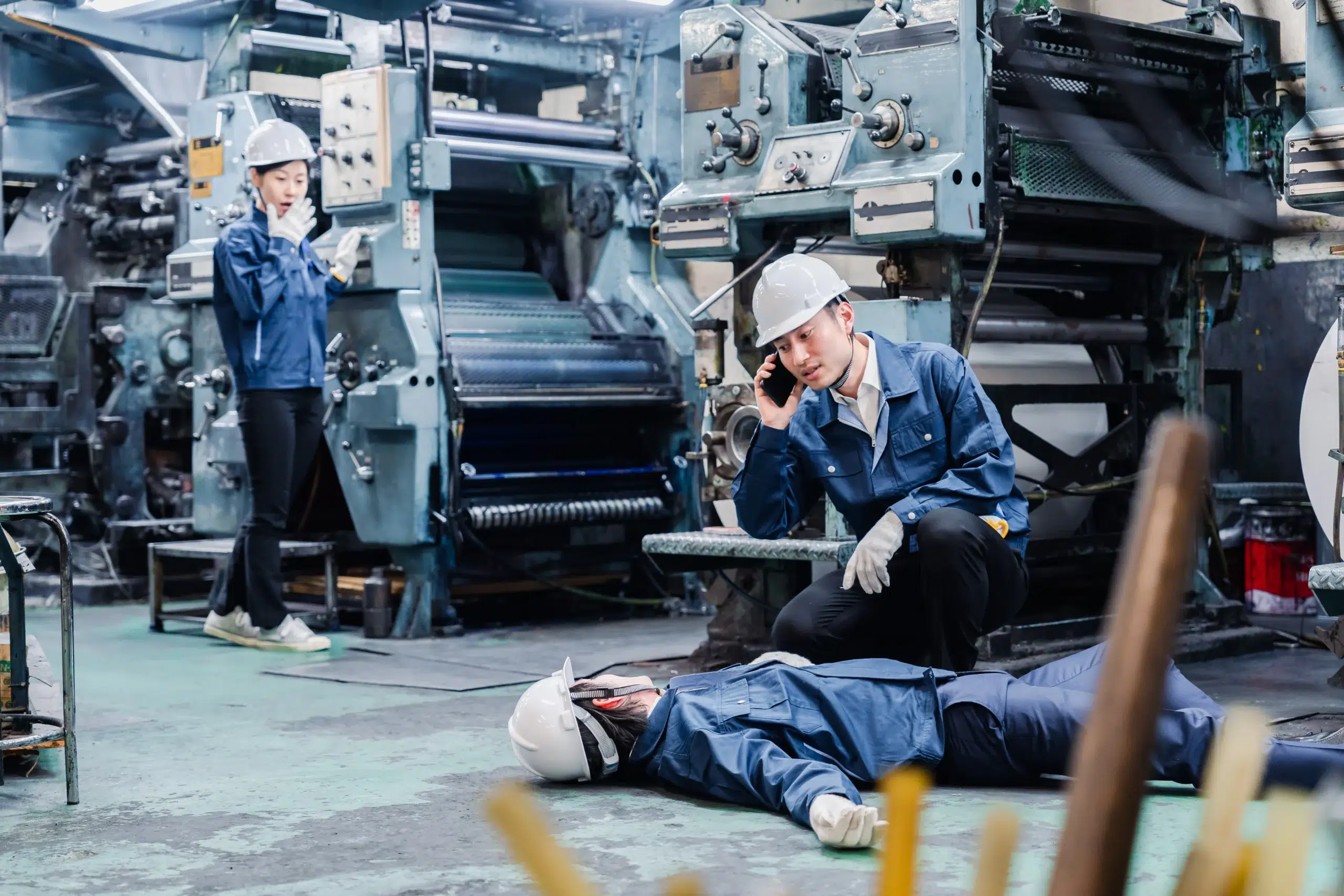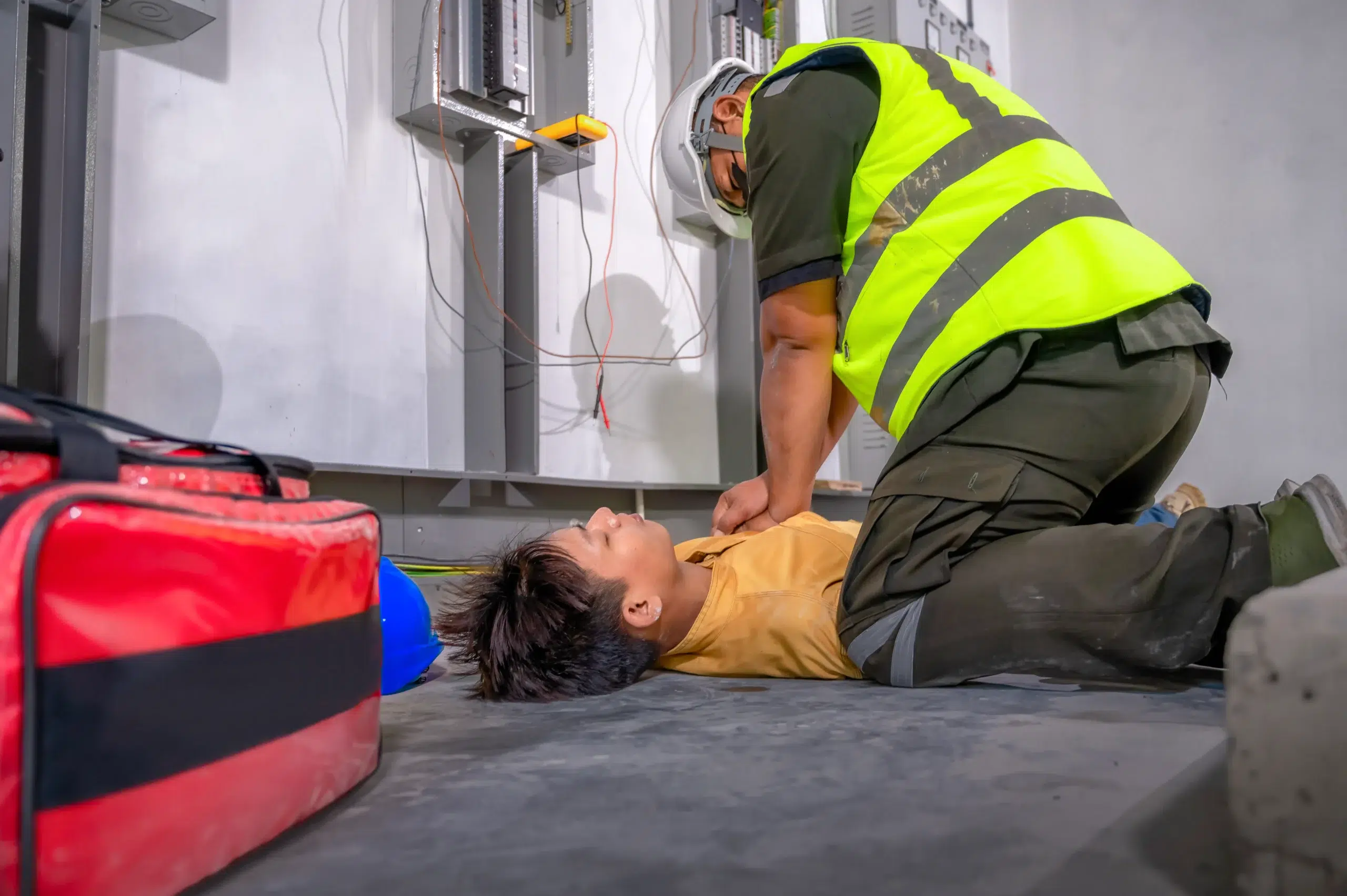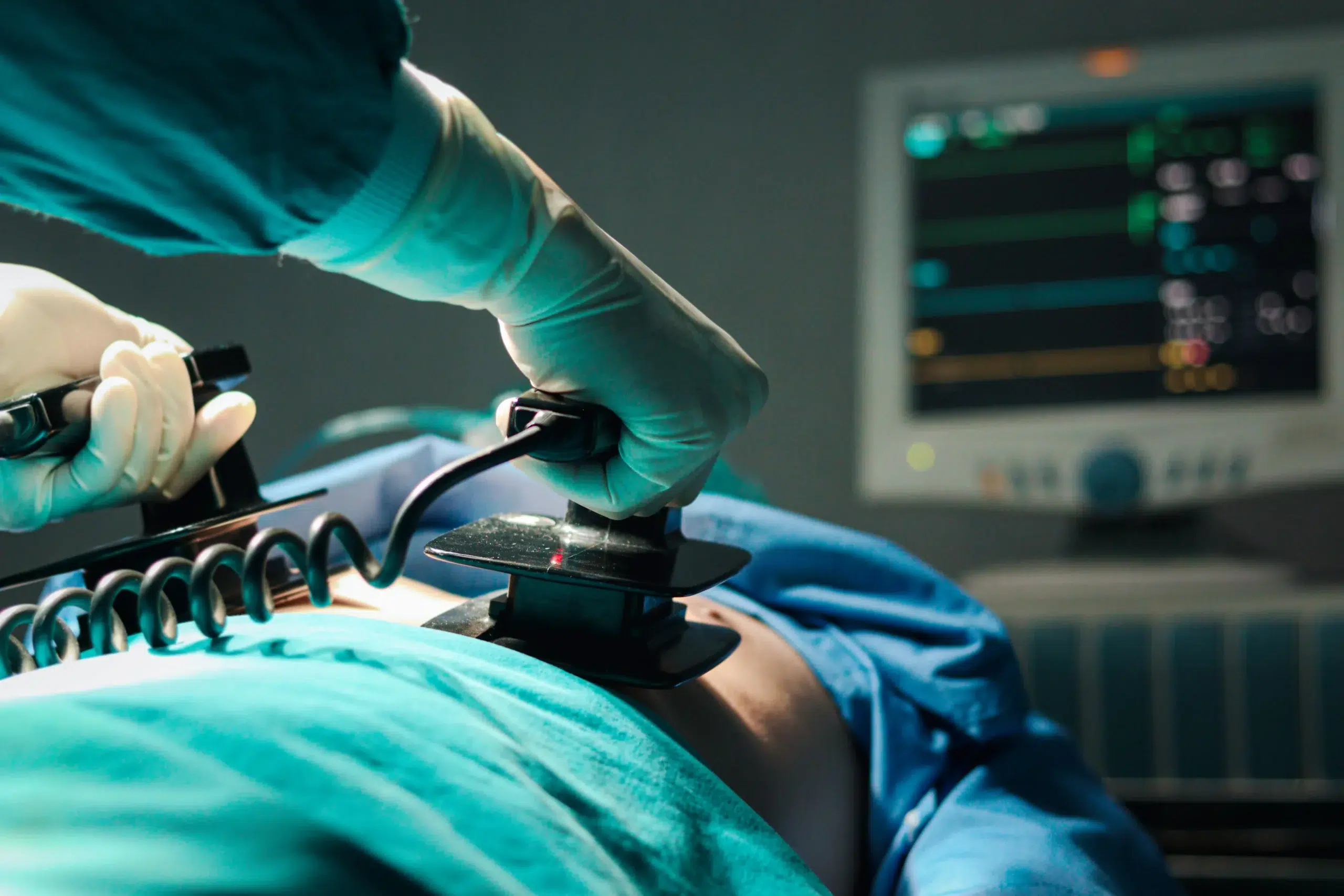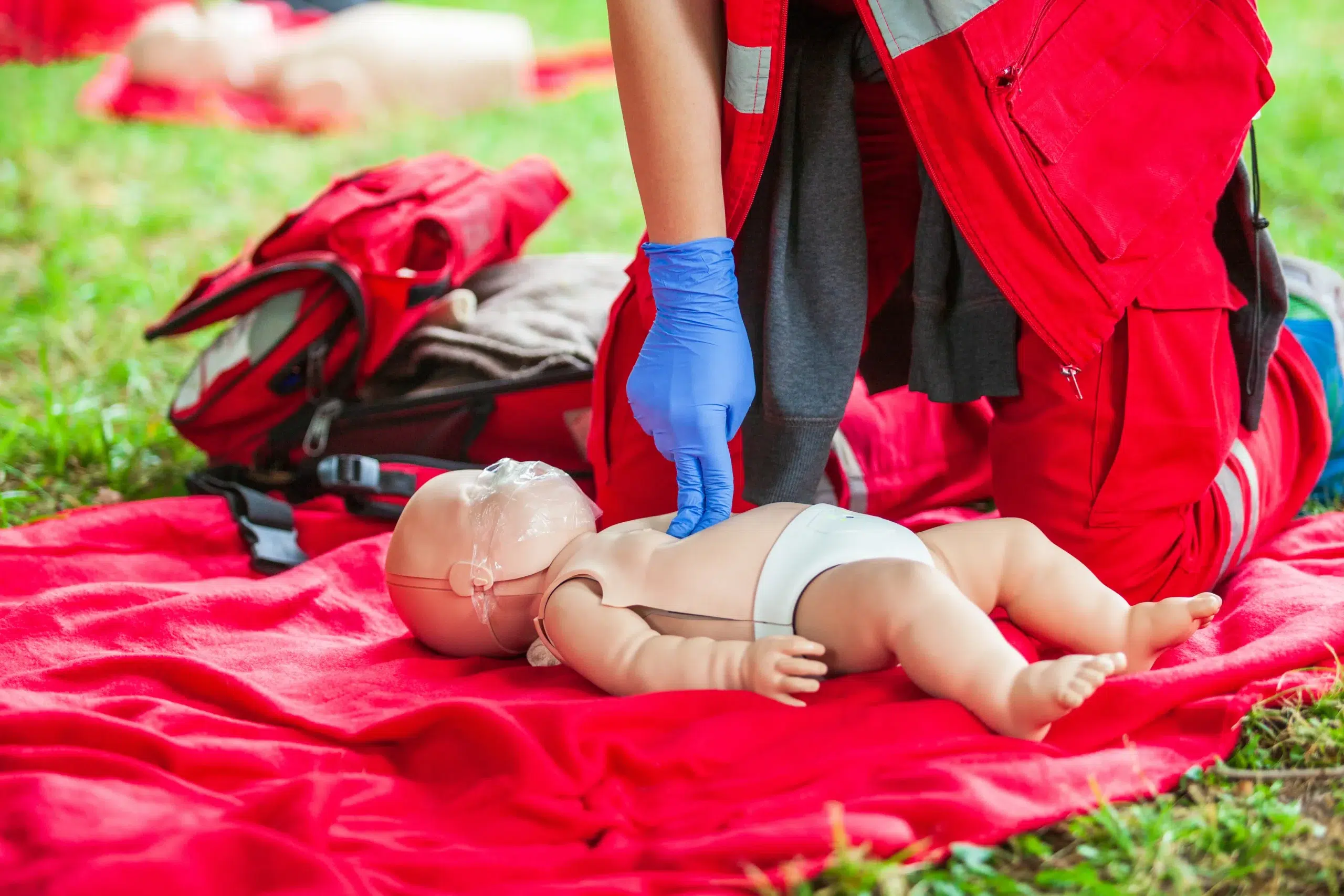Surviving a cardiac arrest is no small feat. While Cardiopulmonary Resuscitation (CPR) plays an instrumental role in saving lives—doubling or even tripling survival chances according to the American Heart Association—it often leaves survivors grappling with more than just physical health issues. The psychological impact of undergoing and surviving CPR is an often-overlooked aspect of recovery, yet it’s critical for long-term well-being.
The purpose of this guide is to explore the mental health challenges faced by CPR survivors and provide actionable coping strategies to aid in their psychological recovery. Whether you’re a survivor, a family member, or a healthcare professional, this blog will help you better understand the complexities of mental recovery after resuscitation and how to support it effectively.
Understanding the Psychological Impact of CPR
The trauma of a near-death experience can have profound emotional effects on survivors. Many are left navigating an array of immediate and lingering mental health challenges.
Immediate Emotional Responses
After resuscitation, survivors often report intense feelings of fear, confusion, and anxiety. These can stem from the traumatic memory of the event or from the disorientation caused by the sudden medical emergency.
One common response is Acute Stress Disorder (ASD), which may manifest as:
- Flashbacks to the resuscitation experience
- Hypervigilance, making survivors overly alert to potential threats
- Feelings of disconnectedness or detachment from reality
While ASD symptoms may subside within weeks, they can set the stage for more persistent mental health struggles if left unaddressed.
Long-Term Effects on Mental Health
For some CPR survivors, the psychological impact extends far beyond the initial recovery period. They may experience:
- Post-Traumatic Stress Disorder (PTSD), characterized by recurring distressing memories, emotional numbness, and avoidance behaviors
- Depression, which can manifest as persistent feelings of sadness, hopelessness, or lack of interest in life
- Survivor’s Guilt, where individuals question why they survived when others might not have been as fortunate
Additionally, many survivors undergo a shift in their worldview. They often reflect on their mortality, leading to existential questions about the purpose and meaning of life.
Data Highlights
A study published found that up to 30% of cardiac arrest survivors experience symptoms of PTSD, while nearly 40% report moderate-to-severe anxiety or depression. These figures highlight the urgency of addressing mental health as part of post-resuscitation care.
Coping Strategies for Survivors and Families
Psychological recovery for CPR survivors requires a multi-faceted approach. Here are some evidence-based coping strategies to support both survivors and their loved ones.
Mindfulness-Based Techniques
Mindfulness practices are highly effective in reducing stress and improving mental clarity. They can help survivors process their emotions and regain a sense of control over their thoughts.
Try these exercises at home:
- Mindful Breathing: Spend 5 minutes focusing on your breath. Breathe in for 4 counts, hold for 4 counts, and exhale for 6 counts.
- Journaling: Write down your thoughts and feelings daily to externalize worries and track progress over time.
- Gentle Yoga: Stretching and movement can relieve physical tension while calming the mind.
Support Networks
Social support plays a vital role in recovery. Feelings of isolation often accompany trauma, so connecting with others who share similar experiences can be deeply reassuring.
- Family and Friends: Encourage open communication and involve loved ones in the recovery process.
- Survivor-Specific Groups: Platforms like the American Heart Association’s “Support Network” provide forums for survivors to share stories, seek advice, and feel understood.
Lifestyle Adjustments
Physical health and mental health are interconnected. Implementing small, sustainable lifestyle changes can have a big impact on overall well-being.
- Physical Activity: Incorporate light exercises like walking or swimming to release endorphins and improve mood.
- Balanced Nutrition: Focus on whole foods rich in omega-3s, antioxidants, and vitamins to support brain health.
- Quality Sleep: Establish a bedtime routine to ensure restful, restorative sleep.
Seeking Professional Help
While self-help strategies are valuable, professional guidance can be pivotal in managing trauma-related disorders. Therapists and counselors are trained to provide the tools survivors need to heal.
How to find the right therapist:
- Look for specialists in trauma or health-related stress.
- Consider cognitive-behavioral therapy (CBT) or Eye Movement Desensitization and Reprocessing (EMDR) therapy, both of which are effective for PTSD.
- Ask for recommendations through survivor networks or community health organizations.
If you’re unsure where to start, platforms like Psychology Today can help you locate experienced therapists in your area.
Why Psychological Recovery is Essential
Addressing psychological recovery is crucial not only for mental well-being but also for physical rehabilitation. Chronic stress, depression, and anxiety can prolong physical recovery by increasing inflammation and weakening the immune response.
Furthermore, mental health challenges can strain relationships, impede professional productivity, and reduce overall quality of life. By prioritizing emotional health, survivors can achieve a more holistic, fulfilling recovery.
The Mind-Body Connection
Studies have shown that survivors who engage in psychological support report fewer chronic health complications and a faster return to normal daily activities. For example, mindfulness-based stress reduction (MBSR) programs have been linked to lower blood pressure and improved cardiac function.
Investing in mental recovery after CPR is not just beneficial—it’s essential.
Empowerment Through Action
If you’re a CPR survivor or someone supporting one, remember that recovery is a process—and that’s okay. Every step you take, no matter how small, contributes to healing.
To further support your community, consider gaining CPR certification with Safety Training Seminars, an American Heart Association (AHA)-certified provider in Danville. Understanding the life-saving potential of CPR and the emotional aftermath it can bring will empower you to step into a life-saving role with empathy and proficiency.
From CPR and First Aid to BLS (Basic Life Support) and ACLS (Advanced Cardiovascular Life Support), AHA-certified courses offer invaluable skills that can make a profound difference.
Together, we can create a future where not only lives are saved, but recoveries—both physical and mental—are fully supported.



